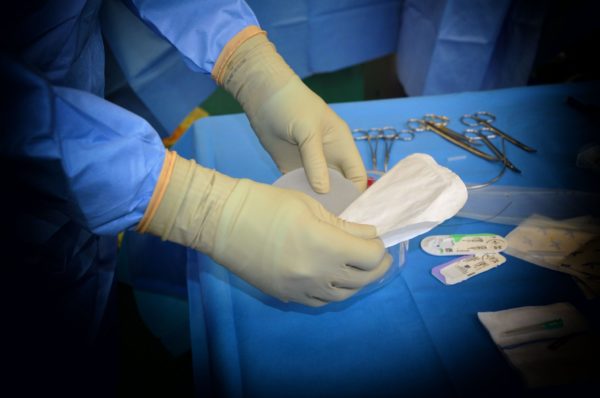Don’t end up ‘Botched’ after plastic surgery
With lockdown lifted in so many places around the world and plastic surgery available again, you may be looking for a plastic surgeon online. Don’t be taken in by impressive websites or patient testimonials.
Why you should never trust website ratings or reviews
One of the largest plastic surgery websites featured a surgeon called Dr. Harry Intsiful who has 66 reviews and a 4.7-out-of-5-star rating. He performed Brazilian butt lift surgery on a woman, during which her intestines were punctured in eight different places during the surgery, leading to additional emergency surgeries and a life-threatening infection.
Dr. Harry Intsiful, known as “Dr. Slimthick” on Instagram, was listed on the website for New Life Plastic Surgery as the chief of plastic surgery at Coral Gables Hospital, the first-ever fellow in aesthetic and breast reconstruction surgery at Northwestern Memorial Hospital in Chicago and an assistant professor of surgery at the Uniformed Services University of the Health Sciences. But the doctor’s claims on the website were false according to officials at those institutions.
What is the difference between a cosmetic surgeon and a plastic surgeon?
Cosmetic surgeon qualifications
Cosmetic surgeons do not have to have any specific qualifications and do not even have to complete surgical training. Even when a cosmetic surgeon is registered with the Royal College of Surgeons (UK) or another reputable organisation this does not mean they have received training in plastic surgery. In fact, some surgeons even do online training courses!
That is not to say that, as with everything, there will not be exceptions, with some General Surgeons who perform plastic surgery and have done so for years with high patient outcomes.
If you are being treated by the NHS in the UK or Ireland you may also come across three types of surgeons who are not plastic surgeons, that may have the training and experience to perform specific types of aesthetic surgery.
General surgeons that specialise in the management of a wide spectrum of breast disease. They will perform reconstructive surgery for breast cancer patients and may also offer aesthetic, breast surgery, such as breast augmentation or reduction.
Ear nose and throat (ENT) consultants who perform septorhinoplasty and reconstructive rhinoplasty, may also offer aesthetic rhinoplasty.
Gynecologists who perform surgery may also offer aesthetic surgery, such as labiaplasty.
All of the above consultants may also offer other types of aesthetic surgery such as, liposculpture, which they have not received specialist training in and often do not perform on a regular basis. When not receiving treatment with the NHS and you have a choice between a general surgeon, to perform aesthetic breast surgery or an ENT consultant, performing rhinoplasty, I would personally recommend choosing a plastic surgeon who has received specialist training. The one exception to this is if you are considering intimate surgery, such as a labiaplasty. This is one type of surgery that you may find a gynecologist performs more often, due to the nature of their role than a plastic surgeon.
Whatever type of consultant you decide to go to ensure you carry out the below checks:
Surgeon Checklist
UK
Check the GMC register
The medical register is a list of doctors in the United Kingdom, showing their registration status, training and option to check if the surgeon is on a specialist register, such as the specialist register for plastic surgery.




